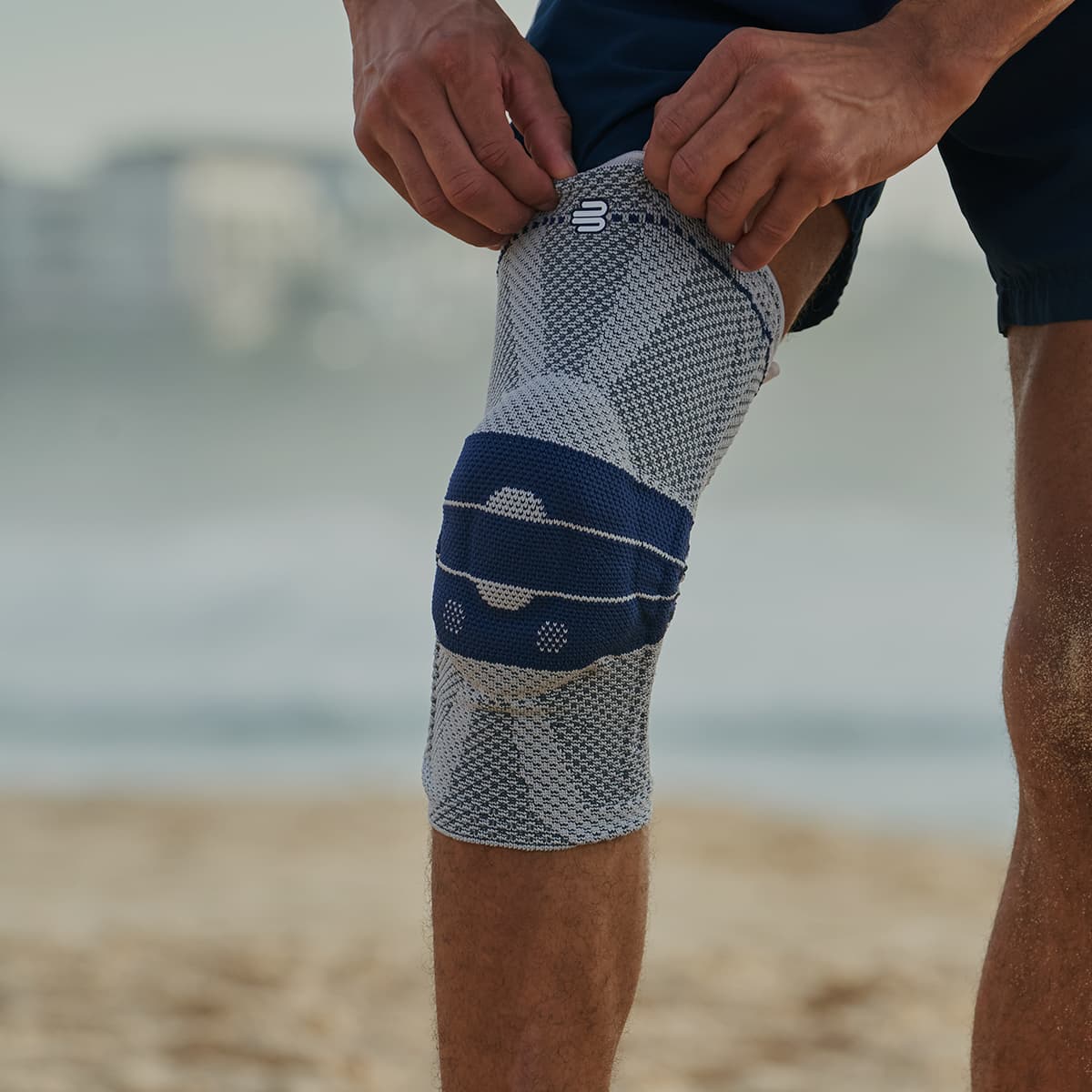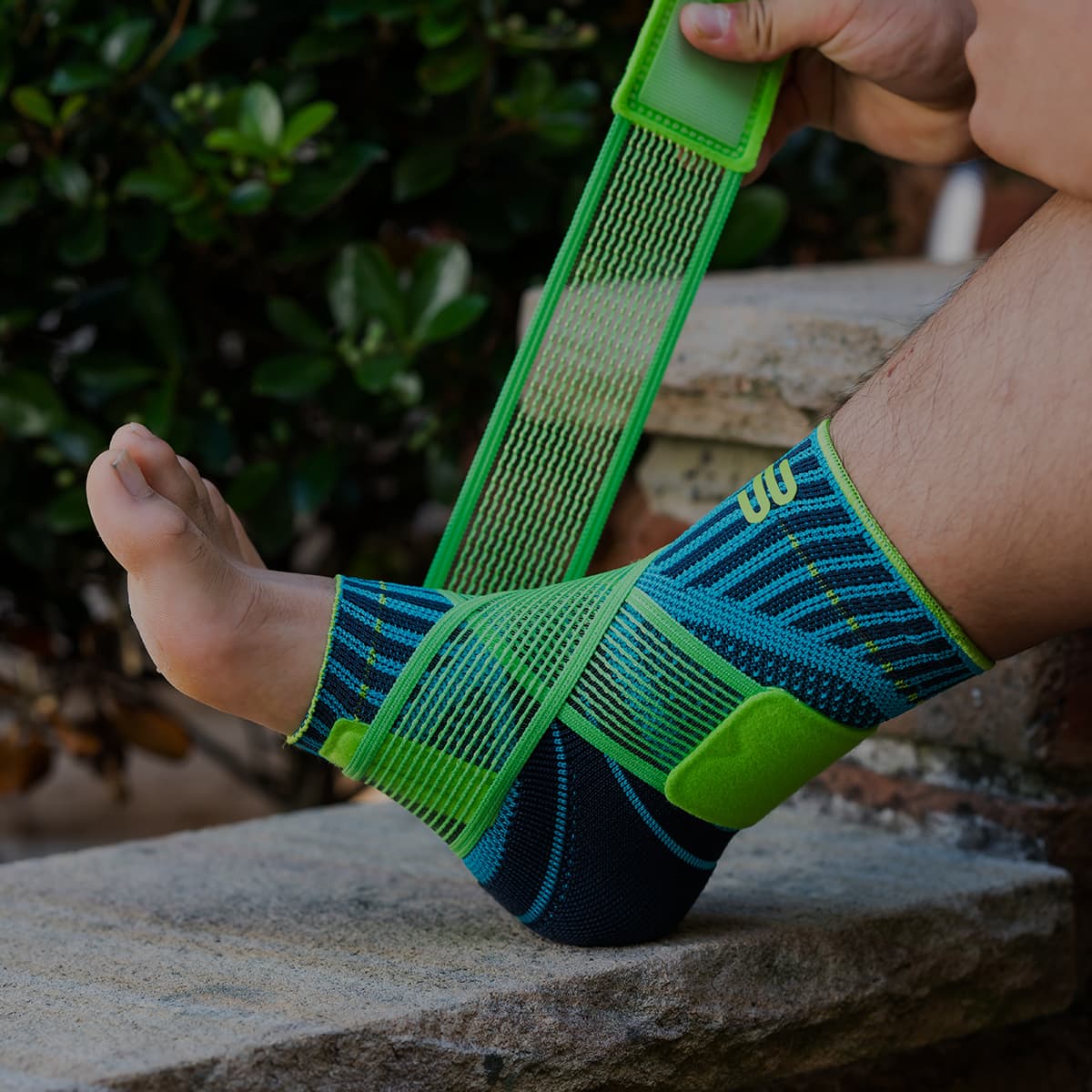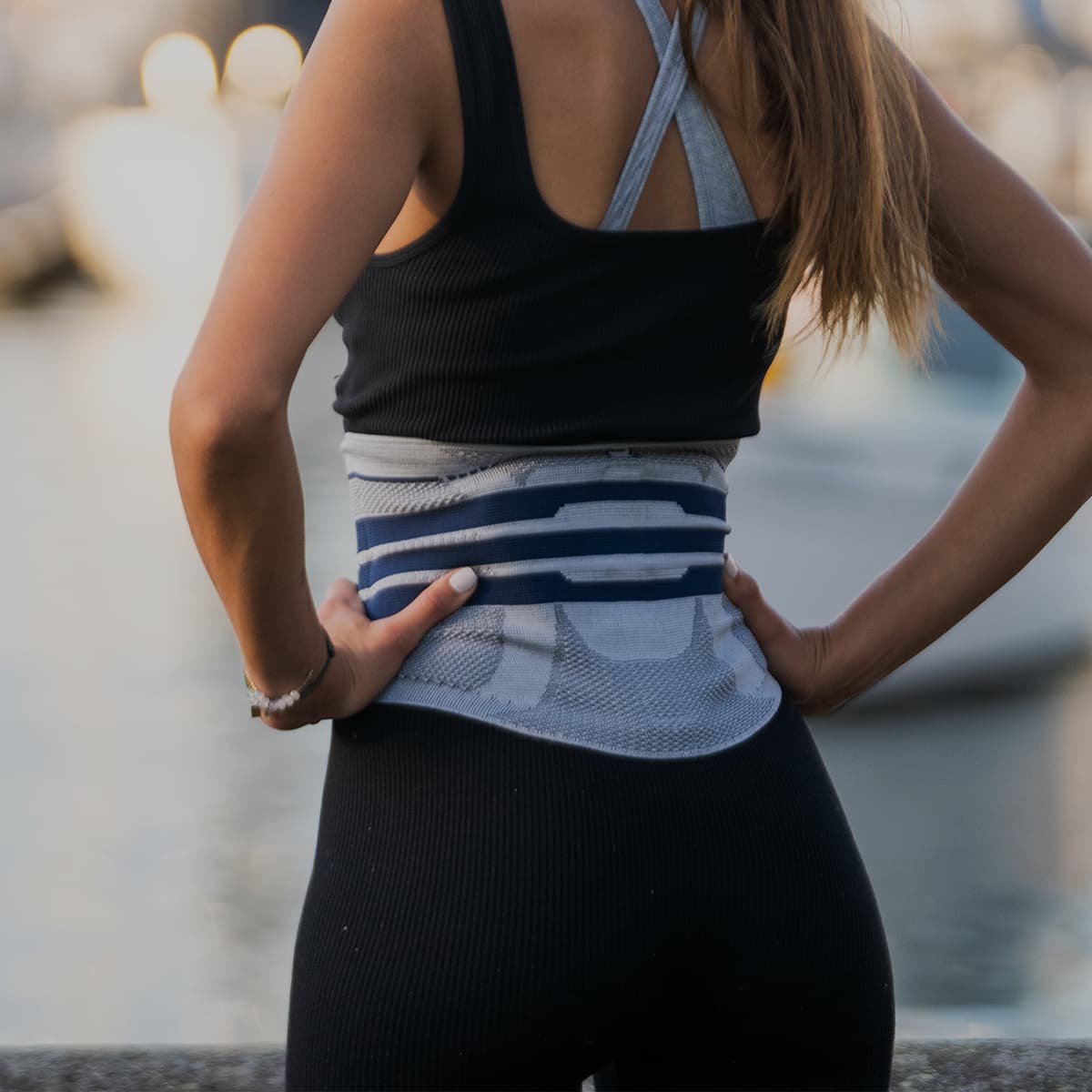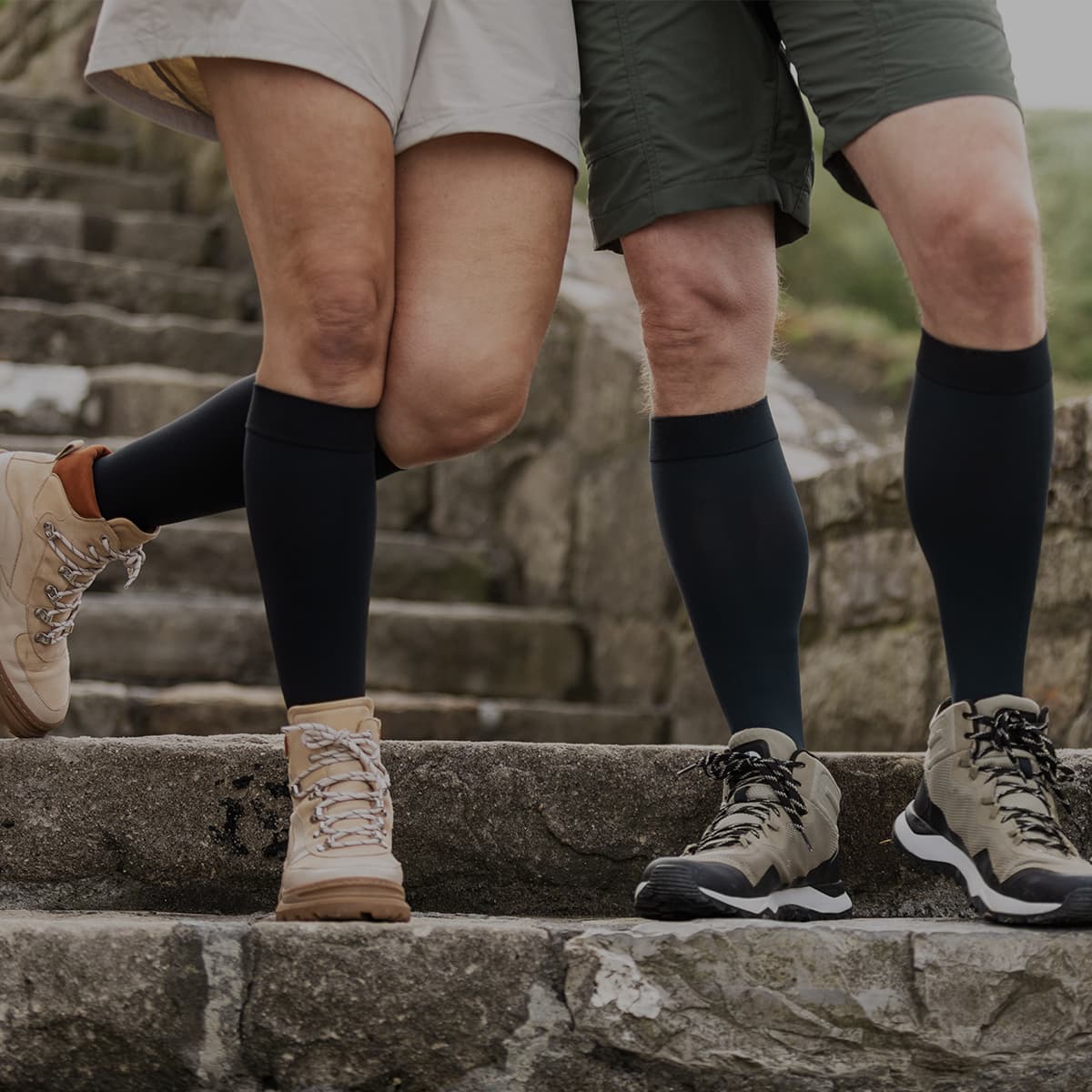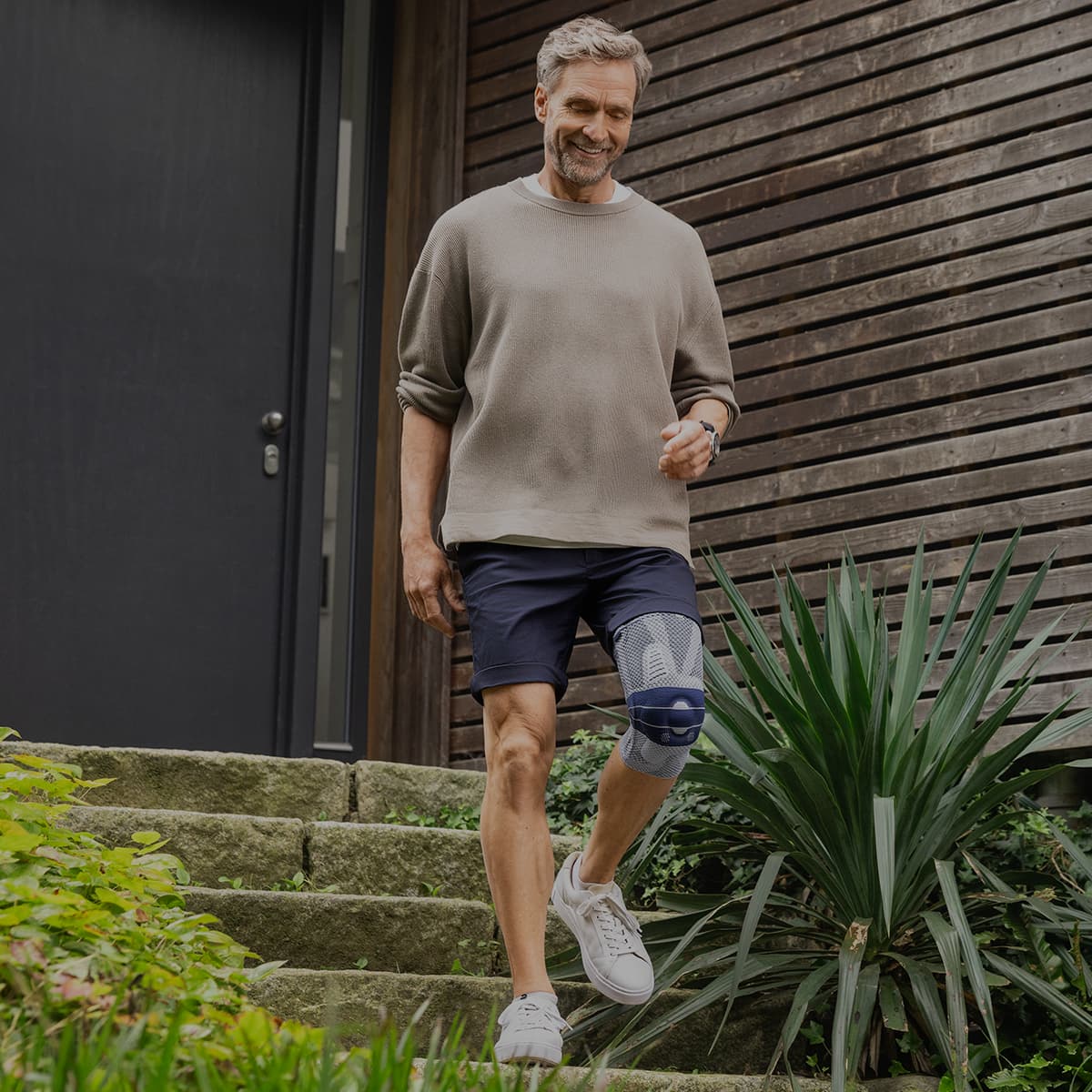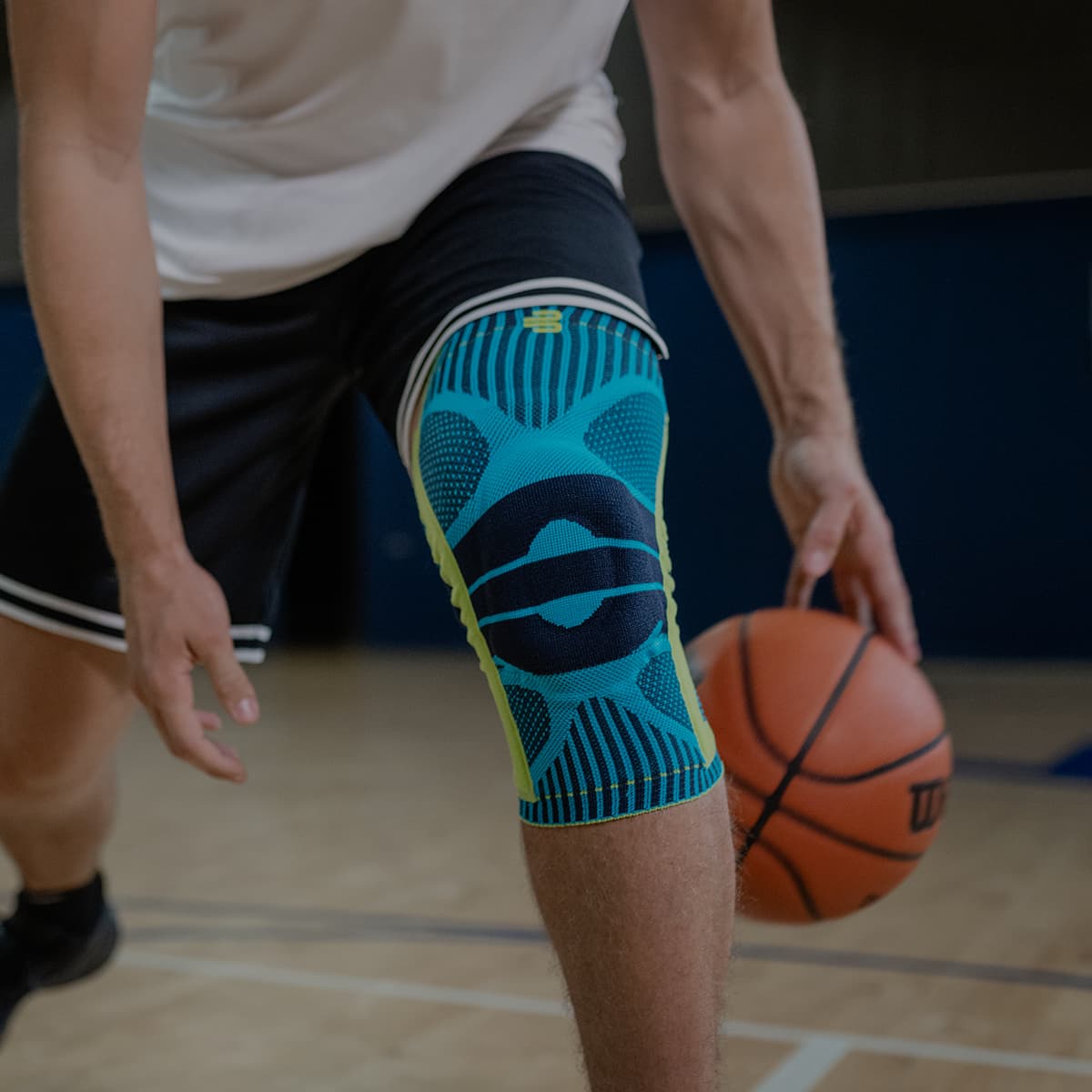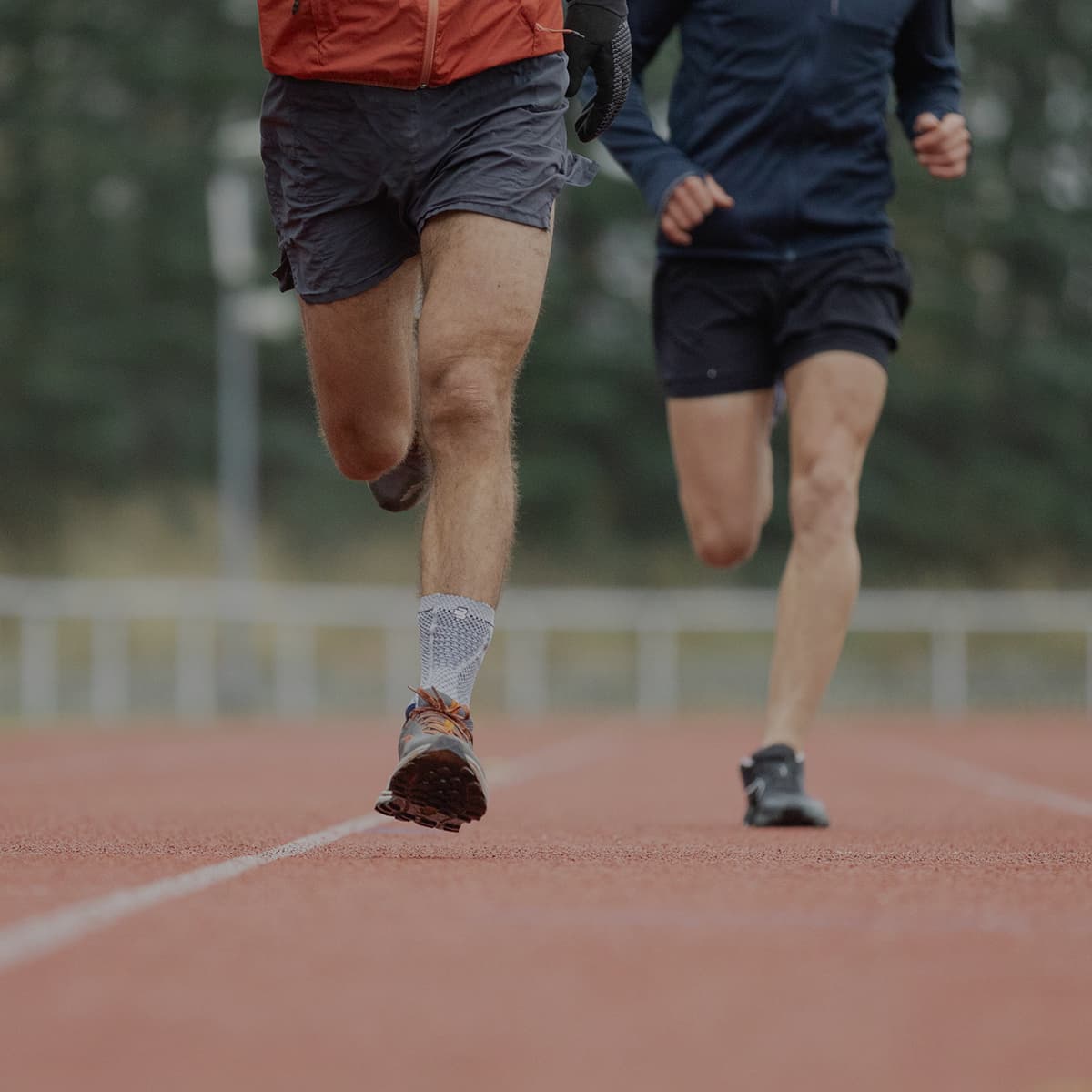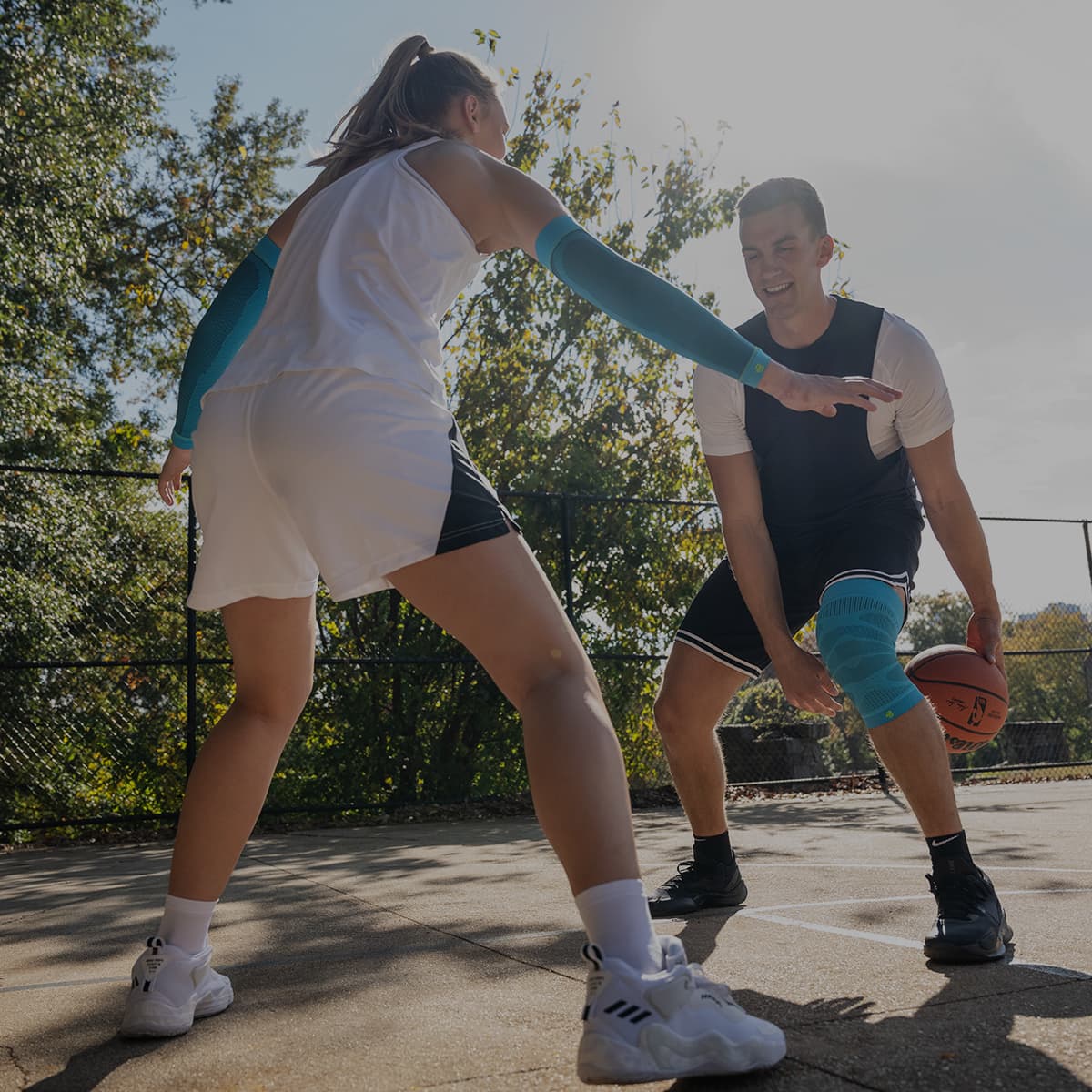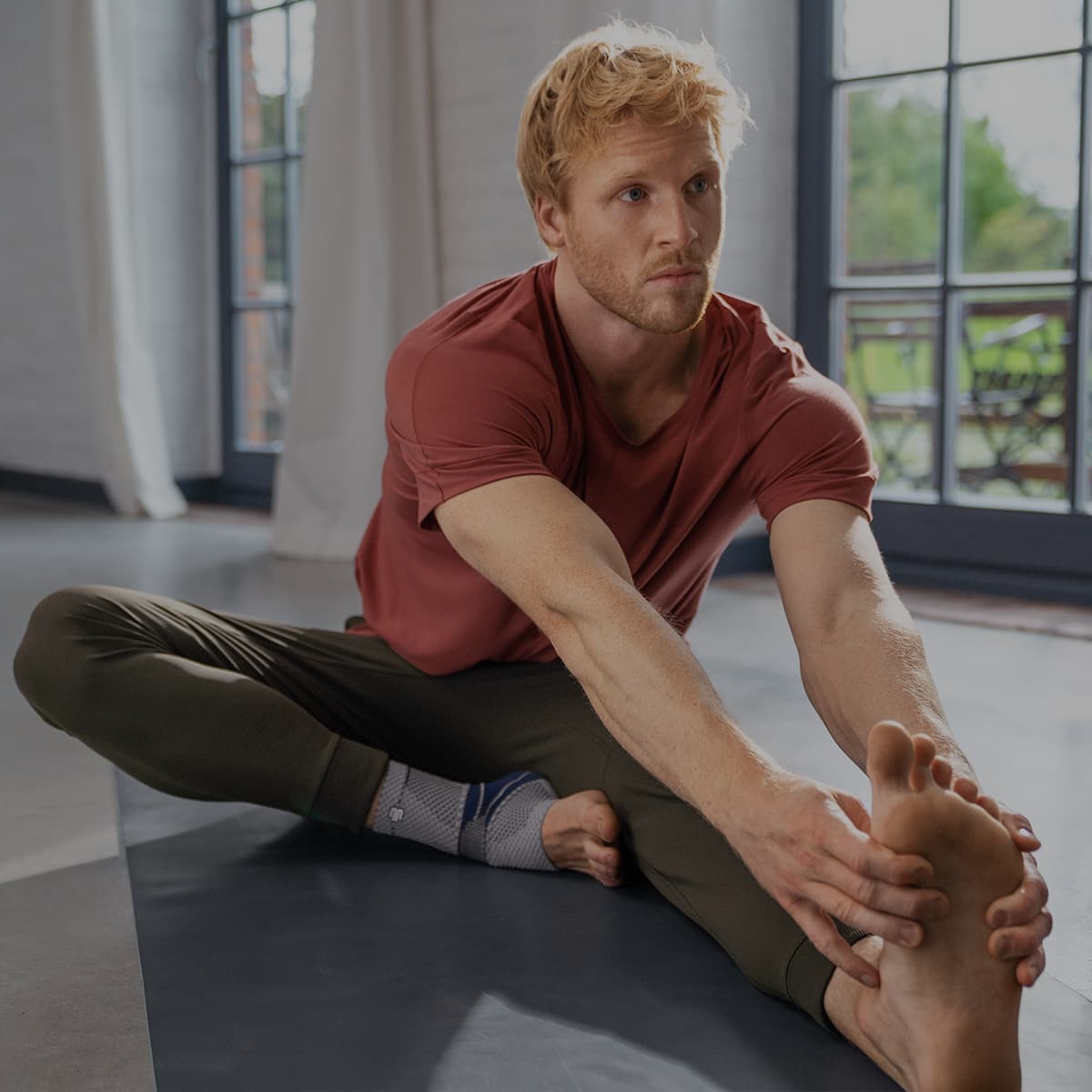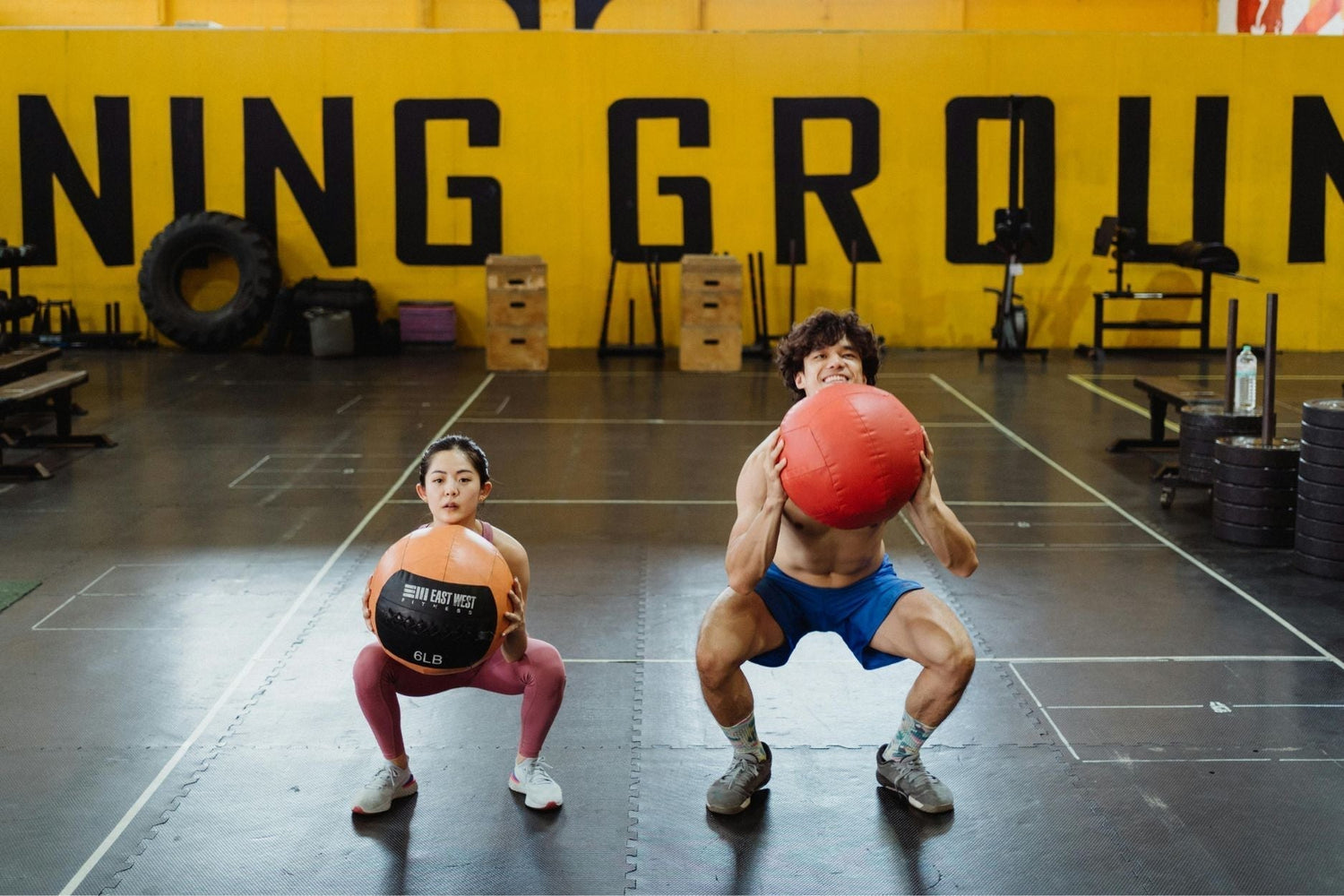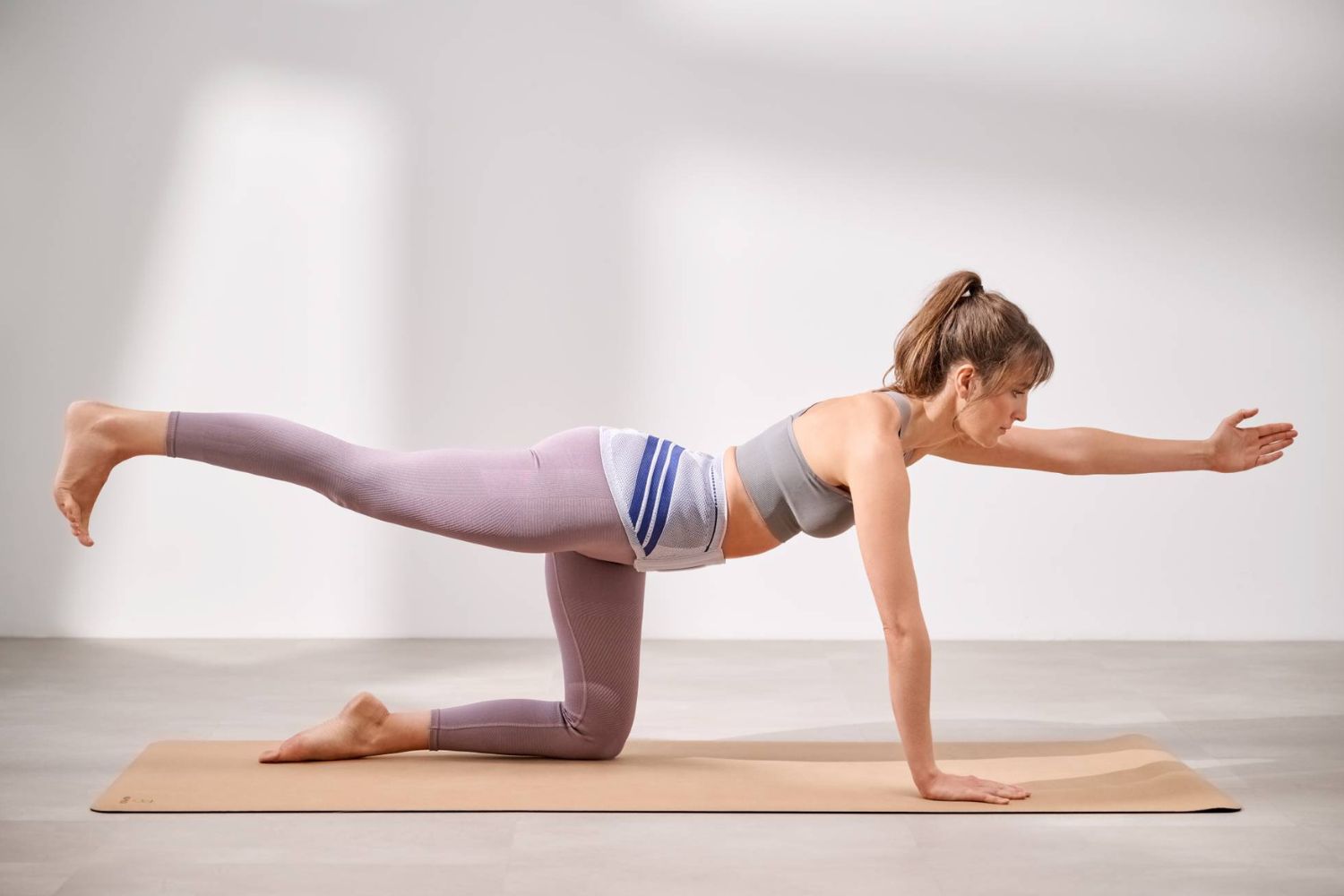Sumo squats are an excellent addition to leg day. They target muscle groups similar to those of a regular squat, with a particular focus on the inner thighs. As many traditional leg workouts (squats, lunges, donkey kicks) don’t put much focus on the inner thighs, adding an exercise that does is a good way to correct muscular imbalances, improve support to your knee, build a strong base for your kinetic chain. See how to do sumo squats (and some variations)!
How to do sumo squats
- Stand upright and step outward to the side until your feet are a bit wider than hip-width apart.
- Point your toes outward so they align with the direction of your knees.
- Clasp your hands in front of your chest and activate your core
- Slowly squat down by pushing your butt back and bending at the hip.
- Lower yourself until your thighs are parallel to the floor, then pause for a couple of seconds at the bottom of the motion
- Tighten your glutes and push yourself back up through your heels
- Repeat for 3 sets of 8-10 reps
If you are just starting out, squat with your body weight. If you want to challenge yourself, you can hold a kettlebell or dumbbell at the chest, shoulder, or hips.
Try the plié sumo squat variation
This version of the exercise will demand even more work from your inner thighs.
- Stand with your feet wider than hip-width apart. Give yourself some space and stand wide without overextending your knees.
- Place a glider (which you can substitute with a cloth or paper plate) under your right foot
- Angle your toes out at a ~45-degree ankle, making sure they align with your knees
- Bend your knees, push your butt back, and hinge at the hip to lower into a squat, contracting your glutes at the bottom of the move.
- Keep your back neutral, drawing your tailbone straight down to the floor each time. Avoid allowing your knees to go beyond your toes.
- Once lowered, return to standing by pushing with your right leg and pulling with your left, dragging your right heel toward the centre to bring your heels together.
- Finish the rep by standing tall and squeezing your thighs together.
- Repeat for 3 sets of 8-10 reps per leg
Try the Goblet sumo squat variation
The goblet squat is essentially a sumo squat with a slightly narrower stance. Placing the feet just slightly wider than shoulder-width focuses a bit more on the glutes and glutes and quads. Note: this variant requires a bit more flexibility in the hips, so it’s best to start with just body weight as you get used to it.
- Place your feet slightly wider than shoulder-width apart.
- Point your toes forward or slightly outward, depending on what’s comfortable for you.
- Slowly squat down, keeping your spine neutral.
- Pause at the bottom of the motion, then contract your glutes and push up through the heels to return to the starting position.
- Repeat for 3 sets of 8-10 reps
Support your sumo squats
The GenuTrain Knee Brace and Sports Knee Support activate the muscles, reducing fatigue and supporting the knee during exercise. Wearing a knee brace becomes especially important if you feel knee pain during the squat or prefer squatting with heavier dumbbells, kettlebells, or barbells.

